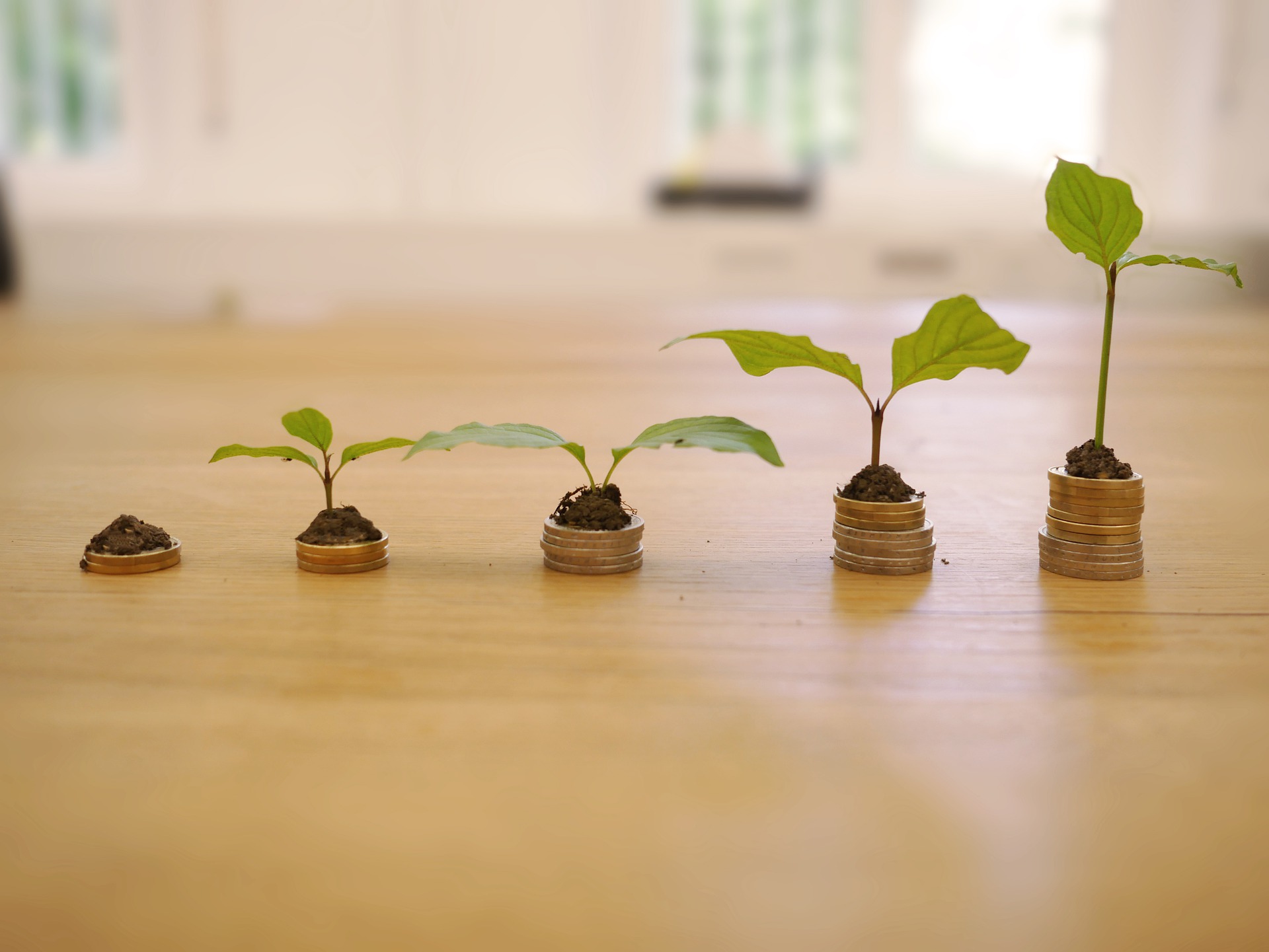Bayport Blog
Supercharge your savings
Published: July 25, 2022
Categories: Financial wellness
Tags: Managing your Money

July is National Savings Month in South Africa. Here is a bumper list of savings ideas to either get you going or to boost what you are already doing. Choose as many as you want and let’s save!
In your home
For your health
Transport tips
For more information visit:Information Centre
Go back